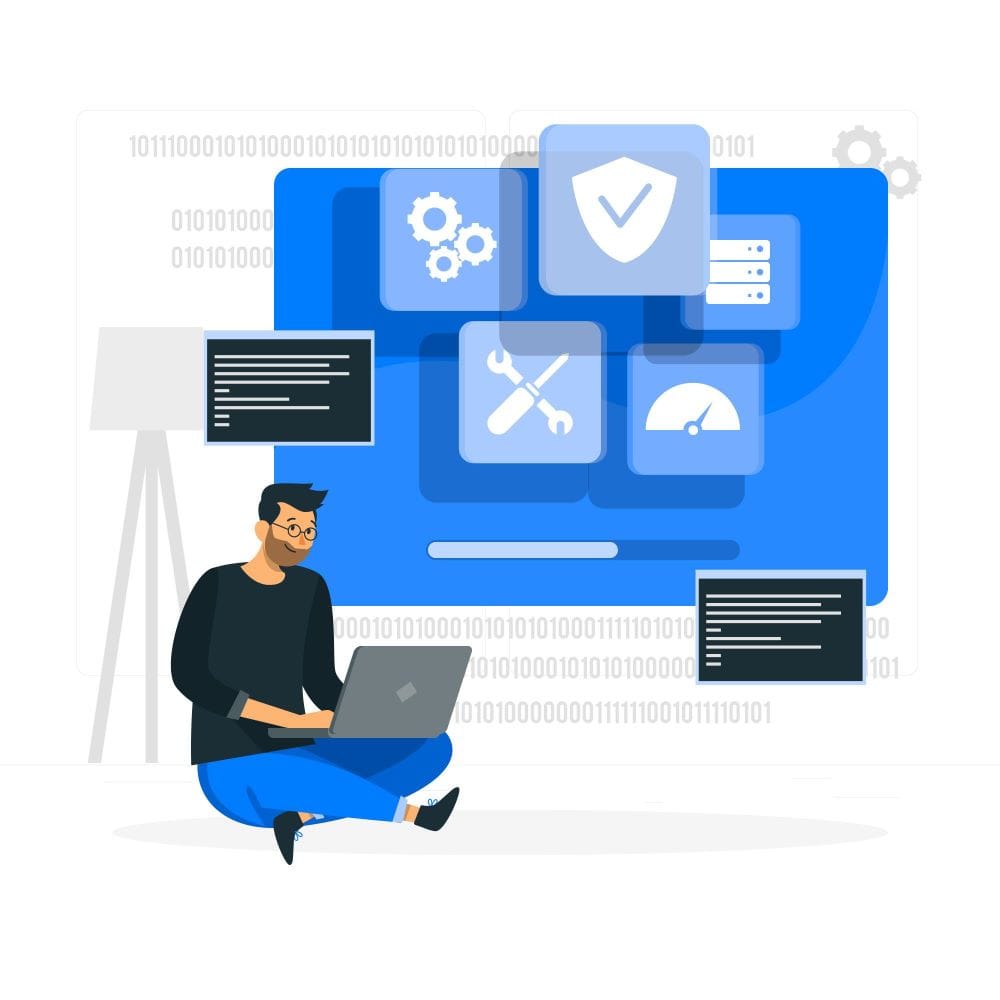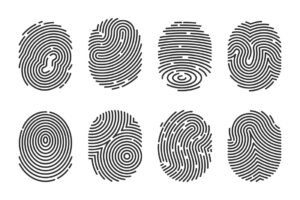Docker is a software tool that facilitates and accelerates developers’ workflows by simplifying the entire process of creating an application. As organizations adopt cloud services, Docker is gaining popularity.
Docker helps containerize all the applications into modules that can be scaled and replicated independently. Containers are standard software units that help execute applications quickly and reliably from one computing environment to another by packaging up the code and its dependencies. With Docker coming into play and developers worldwide adopting it as a standard container, you might wonder whether you need to enroll in a Docker certification.

Now, as all the applications are moving towards the cloud, Docker skills are more important than ever for anyone trying to have a successful career in software development. Becoming an expert in Docker will transform you into a highly skilled individual within the IT team.
Why must you enroll in a Docker certification?
You should take a Docker Course primarily to upskill yourself in Docker technology. The certification will not only look good on your resume but also help prove your skills to the recruiter. Other than gaining the certification and the skills from a docker certification, these are the top 5 reasons why you should do a DCA course:
- Gain expertise in Docker
Whether you are a software or cloud developer, an application architect, or a system administrator, learning about Docker will help you immensely in your career. It allows you to swiftly create programming apps or development domains and decommission them as necessary, helping you with day-to-day development and programming.
The Docker platform should be installed, used, and maintained if you want efficiency in your work. This certification course will teach you theoretical and practical knowledge about Docker’s internal operations.
- Become a better developer
Docker is a revolutionary tool, especially for Software developers. Earlier, developers had no choice but to rely entirely on JVM containers by JAVA to ensure smooth software development and running. But now, because of Docker, all of this is possible on the Cloud. As a software developer, you need to understand cloud computing and development thoroughly, and by becoming a Docker-certified associate, you will learn everything you need to know about cloud computing.
- Better career opportunities
Suppose you earn the title of Docker Certified Associate. This will prove that you put in the necessary effort, achieved a proper certification, and claimed your expertise in Docker. This will increase the value of your career profile and make potential organizations more eager to hire you for Docker-related activities.
And no doubt, with better job opportunities, comes a better salary. According to Indeed, a DCA software engineer earns up to ₹5,36,955 annually. A DCA software architect earns up to ₹12,85,885 per year.
- Improve communication
Learning about Docker improves your technical skills and helps you develop your soft skills. Communication is the most important soft skill you must have in any career. Docker teaches you about structuring and storage and how to communicate effectively with different departments and levels of management.
The networking you learn with Docker doesn’t have to be limited to the software. It can help you better orchestrate and manage your collaborations.
- Mentor others
After you have applied every lesson you learned during the DCA course to your work, you still won’t exhaust the bank of knowledge. As an expert in Docker, you can quickly move on to mentoring others. When you have so much in-depth knowledge on a topic and experience working on projects, you won’t have any trouble taking in students and passing on your knowledge to them.
In a corporate environment where freshers are hired, your skills can be useful as you can train new employees while on the job. In addition, people preparing for the Docker certification exam will come to you for guidance, which you can easily provide.
What does the DCA Examination cover?
This section will teach you what the docker-certified associate exam covers. Let’s find out!
- Orchestration [25%]
- Set up swarm mode cluster with the worker nodes and managers
- Illustrate and explain the orchestration activities
- Manipulate a specific stack of running traces
- Detect all the steps to troubleshoot a service that is not deploying
- Expand the number of publishing ports, add networks, mount volumes and replicas
- Explain and demonstrate how to utilize the templates with the docker service
- Registry, Management and Image Creation [20%]
- Demonstrate and detail how to apply the file to make the Docker image. After that, modify the image to one single layer, tag an image and display the layers of the Docker image.
- Explain the usage of the Dockerfile
- Depict all the options, like entry point, expose, volumes, copy and add
- Login to the registry, deploy the registry and use the search option in the registry. You must also push an image, sign up for an image and then delete and pull the images through the registry.
- Exhibit and characterize the Dockerfile
- Configuration and Installation [15%]
- Define the sizing needed for the installation work
- Define the usage of certification configuration, cgroups and namespaces
- Troubleshoot the installation problem without any assistance
- Demonstrate and explain the repo setup, and choose a specific storage driver. After that, install the Docker engine on numerous platforms.
- Illustrate and depict how to manage and build all the teams and users. You also need to configure the Docker Daemon to begin on boot and configure the backups for DTR and UCP.
- Demonstrate the configuration of logging the drivers and how to create a swarm. You also have to know how to add nodes, create a backup schedule and configure managers.
- Networking [15%]
- Describe the contained network model and how it can interface with the IPAM drivers, Docker engine and the network
- Explain the container network model of Kubernetes. You also need to explain how exactly it can route traffic to the Kubernetes pods with NodePort and ClusterIP services
- Portray the various traffic flows between the UCP controls and various Docker registry and engines.
- Security [15%]
- Demonstrate and describe how exactly a picture passes right through the security scan. You must also demonstrate and describe how to enable Docker trust and combine it with AD/LDAP. Other things you need to explain are how to create UCP client bundles and configure RBAC with UCP
- Explain the method of utilizing all the external certificates with UCP and DTR
- Define the MTLS, identity roles, and the swarm default security
- Define the security tasks and administration, the method of signing up an image, and the default engine security.
- Volumes and Storage [10%]
- Detect the right graph drivers so that they can be used with numerous operating systems
- Block storage and compare the object and when exactly you must use it.
- Explain how a particular application gets composed of layers. Explain where exactly all these layers live within the filesystem.
- Define the usage of volumes with the help of Docker for persistent storage.
- Detects all the steps that must be taken to remove all the unused images on the DTR and filesystem.
DCA Course Syllabus
These topics should be covered in a DCA course syllabus if you want to clear the examination:
- Introduction to Docker
- Differences between Docker and Virtualization
- DevOps and Docker
- Containerization
- Reasons to use Docker
- Microservices
- Advantages of Microservices
- Docker Architecture
- The Docker Engine
- Image Management and Registry
- Networking and Security
- Docker with Kubernetes
Ending note
The Docker Certification covers everything you need about Docker technology, from basics to advanced topics like security, networking, Docker Swarm, and Docker Compose.
For those already in software development, becoming a Docker-certified associate is crucial. With Docker skills becoming a standard requirement for developers, being certified puts you ahead.
So, what are you waiting for? Enroll in a docker certification today!











